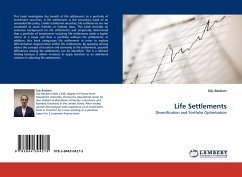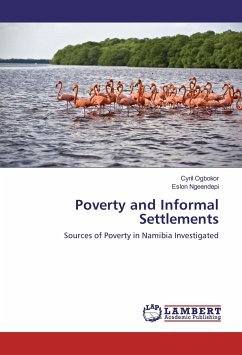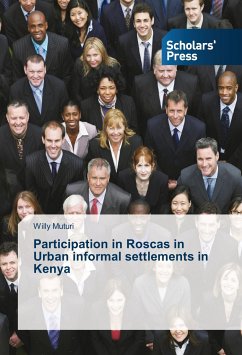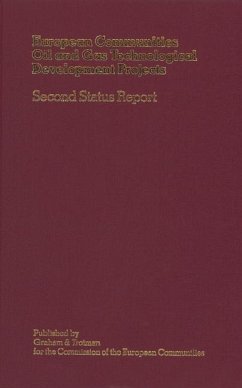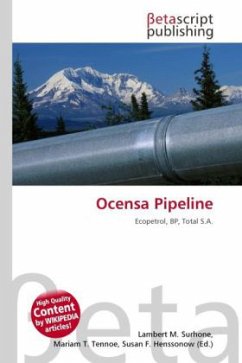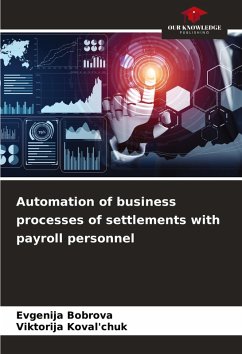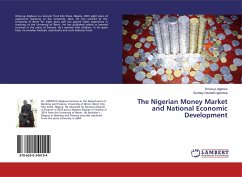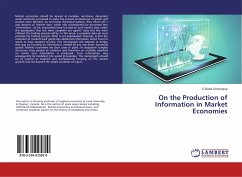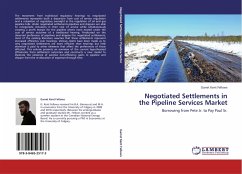
Negotiated Settlements in the Pipeline Services Market
Borrowing from Pete Jr. to Pay Paul Sr.
Versandkostenfrei!
Versandfertig in 6-10 Tagen
45,99 €
inkl. MwSt.

PAYBACK Punkte
23 °P sammeln!
The movement from traditional regulatory hearings to negotiated settlements represents both a departure from cost of service regulation and a relaxation of regulatory oversight in the regulation of oil and gas pipeline tolls. Under negotiated settlements pipelines and shippers are able to renegotiate inclusions in their cost of service while simultaneously creating a profit margin for the pipeline where none existed under the cost of service outcome of a traditional hearing. Predicated on the observed preference of pipelines and shippers for negotiated settlements; most of the existing literat...
The movement from traditional regulatory hearings to negotiated settlements represents both a departure from cost of service regulation and a relaxation of regulatory oversight in the regulation of oil and gas pipeline tolls. Under negotiated settlements pipelines and shippers are able to renegotiate inclusions in their cost of service while simultaneously creating a profit margin for the pipeline where none existed under the cost of service outcome of a traditional hearing. Predicated on the observed preference of pipelines and shippers for negotiated settlements; most of the existing literature assumes that these settlements represent increased efficiency over hearings. Various claims have been made as to why negotiated settlements are more efficient than hearings but little attention is paid to other elements that affect the preferences of those affected. This volume presents an overview of the current hypothesized efficiencies from settlement outcomes and constructs a new model to illustrate the existence of positive non-efficiency gains to pipeline and shipper from the re-allocation of expenses through time.



